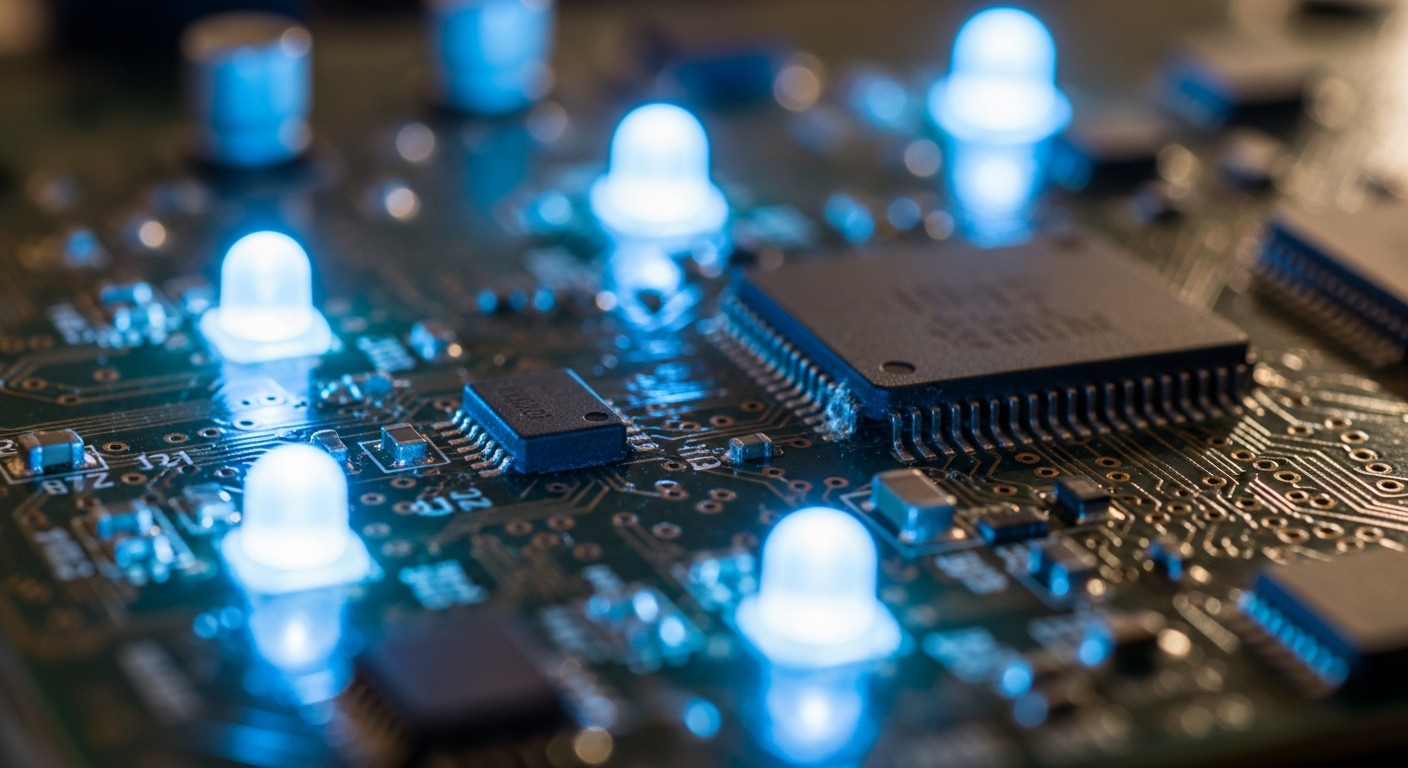Introduction: The Age of Technology
Technology has become the backbone of modern life, transforming the way we live, work, and interact. From smartphones and cloud computing to artificial intelligence and smart devices, technology has created a world that is faster, more connected, and more efficient. It not only simplifies daily tasks but also opens doors to possibilities that were once unimaginable.
The Evolution of Technology
Technology has come a long way from simple tools to advanced digital systems. Early inventions like the printing press and the telephone laid the groundwork for mass communication and information sharing. The industrial revolution introduced machinery that changed production processes, while the digital revolution brought computers, the internet, and mobile technology, reshaping how we access information and communicate globally.
Technology and Connectivity
One of the most profound impacts of technology is connectivity. Social media, instant messaging, and video calls allow people to stay in touch across continents. Businesses operate seamlessly across borders, and communities form around shared interests online. Technology has made the world smaller, creating opportunities for collaboration and communication that were previously impossible.
Transforming Industries and Workplaces
Technology has revolutionized every industry. Artificial intelligence and automation increase efficiency and accuracy, while innovations in healthcare improve diagnostics and treatment. Education has shifted with e-learning platforms, and entertainment has expanded through streaming services and interactive media. Remote work, cloud computing, and collaborative tools have redefined how organizations operate, making flexibility and global teamwork a reality.
Opportunities and Challenges
While technology offers enormous opportunities, it also presents challenges. Data privacy, cybersecurity, and ethical concerns in artificial intelligence require careful attention. Rapid technological advancements can create inequalities, as access to resources and skills varies widely. Navigating these challenges responsibly is essential for leveraging technology effectively and sustainably.
The Future of Technology
The future of technology promises even greater innovations. Quantum computing, AI-driven solutions, biotechnology, and smart infrastructure are set to redefine daily life and industry standards. Autonomous vehicles, smart cities, and personalized healthcare will transform society. The key to benefiting from these advancements lies in adaptability, innovation, and ethical implementation.
Conclusion: Embracing a Tech-Driven Future
Technology is more than a collection of tools—it is a force that shapes human progress. By embracing innovation responsibly, society can enhance lives, solve complex problems, and create a future full of opportunity. As technology continues to evolve, it will remain a powerful driver of creativity, connectivity, and transformation in every aspect of life.



